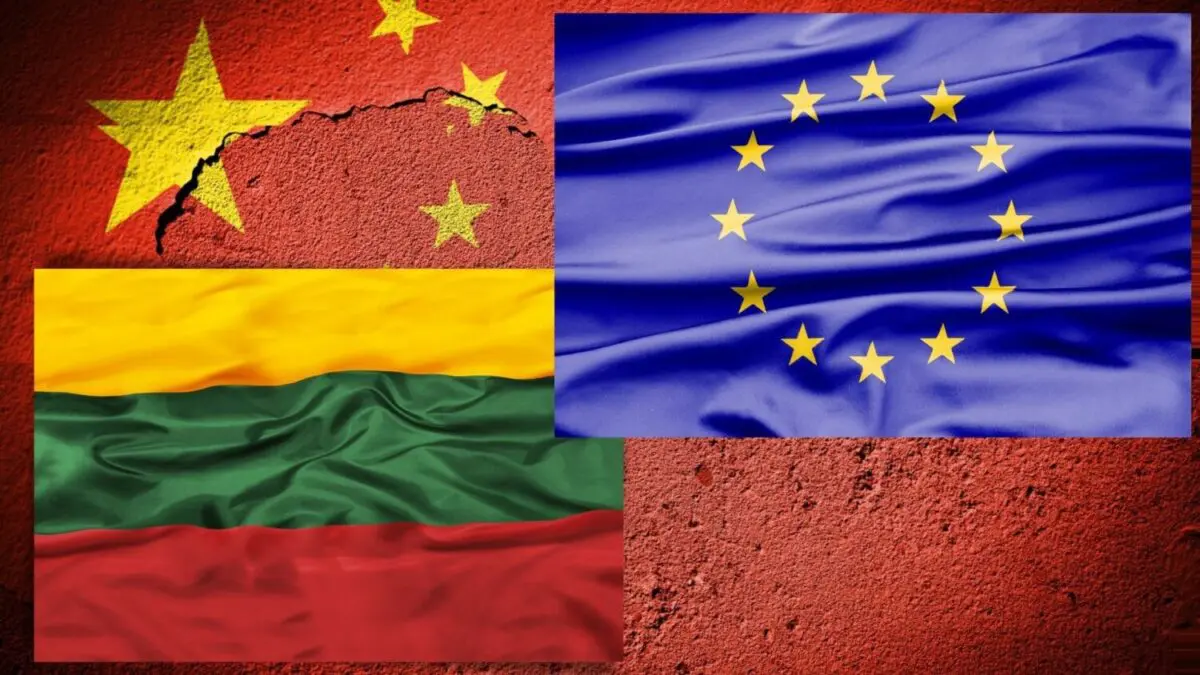The EU has today launched a case at the World Trade Organization (WTO) against the People’s Republic of China over its discriminatory trade practices against Lithuania, which are also hitting other exports from the EU’s Single Market. These actions, which appear to be discriminatory and illegal under WTO rules, are harming exporters both in Lithuania and elsewhere in the EU, as they also target products with Lithuanian content exported from other EU countries. As attempts to resolve this bilaterally have failed, the EU has resorted to initiating dispute settlement proceedings against China. The WTO consultations initiated today are the first step in this process.
Executive Vice-President and Commissioner for Trade, Valdis Dombrovskis, said:
“Launching a WTO case is not a step we take lightly. However, after repeated failed attempts to resolve the issue bilaterally, we see no other way forward than to request WTO dispute settlement consultations with China. The EU is determined to act as one and act fast against measures in breach of WTO rules, which threaten the integrity of our Single Market. We are in parallel pursuing our diplomatic efforts to deescalate the situation.”
Over the past weeks, the European Commission has built up evidence of the various types of Chinese restrictions. These include a refusal to clear Lithuanian goods through customs, rejection of import applications from Lithuania, and pressuring EU companies operating out of other EU Member States to remove Lithuanian inputs from their supply chains when exporting to China.
To deal with such cases in future, the Commission is strengthening its toolbox of autonomous measures. Last month, the Commission adopted a proposal for an Anti-Coercion Instrument, which would give the EU more possibilities to react in the event of economic coercion. The proposal is currently being considered by the European Parliament and the Council of the EU.
Background
From December 2021, and without informing the EU or Lithuanian authorities, China began to heavily restrict or de facto block imports from and exports to Lithuania, or linked to Lithuania. The Commission has repeatedly raised the matter with the Chinese authorities.
Next steps
The first stage under WTO dispute settlement procedures is the ‘request for consultations’, under which the EU formally asks China for more information on its measures with a view to reaching a satisfactory solution. Should these consultations not lead to a positive outcome within 60 days, the EU may request the establishment of a panel to rule on the matter.
For More Information







